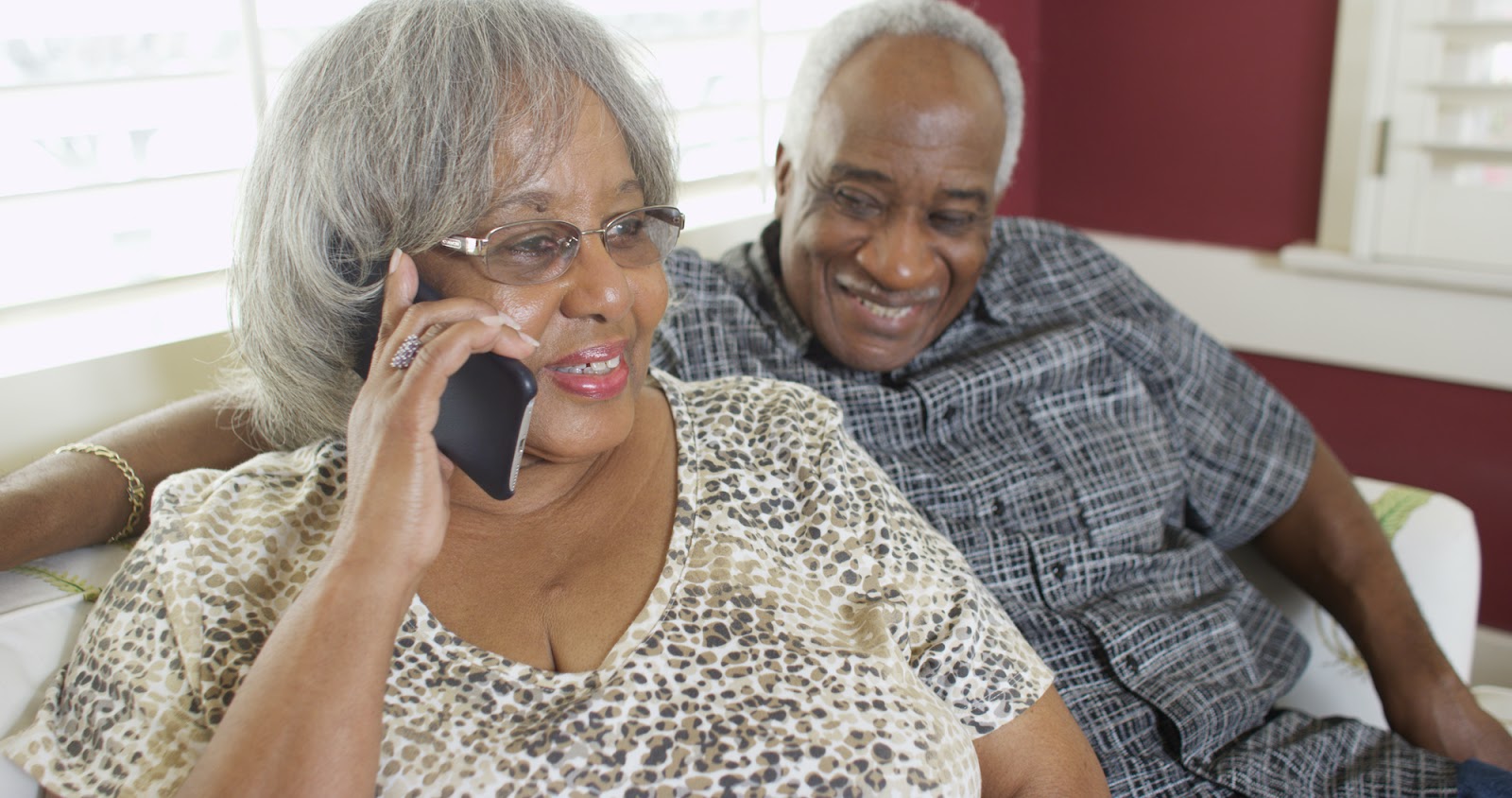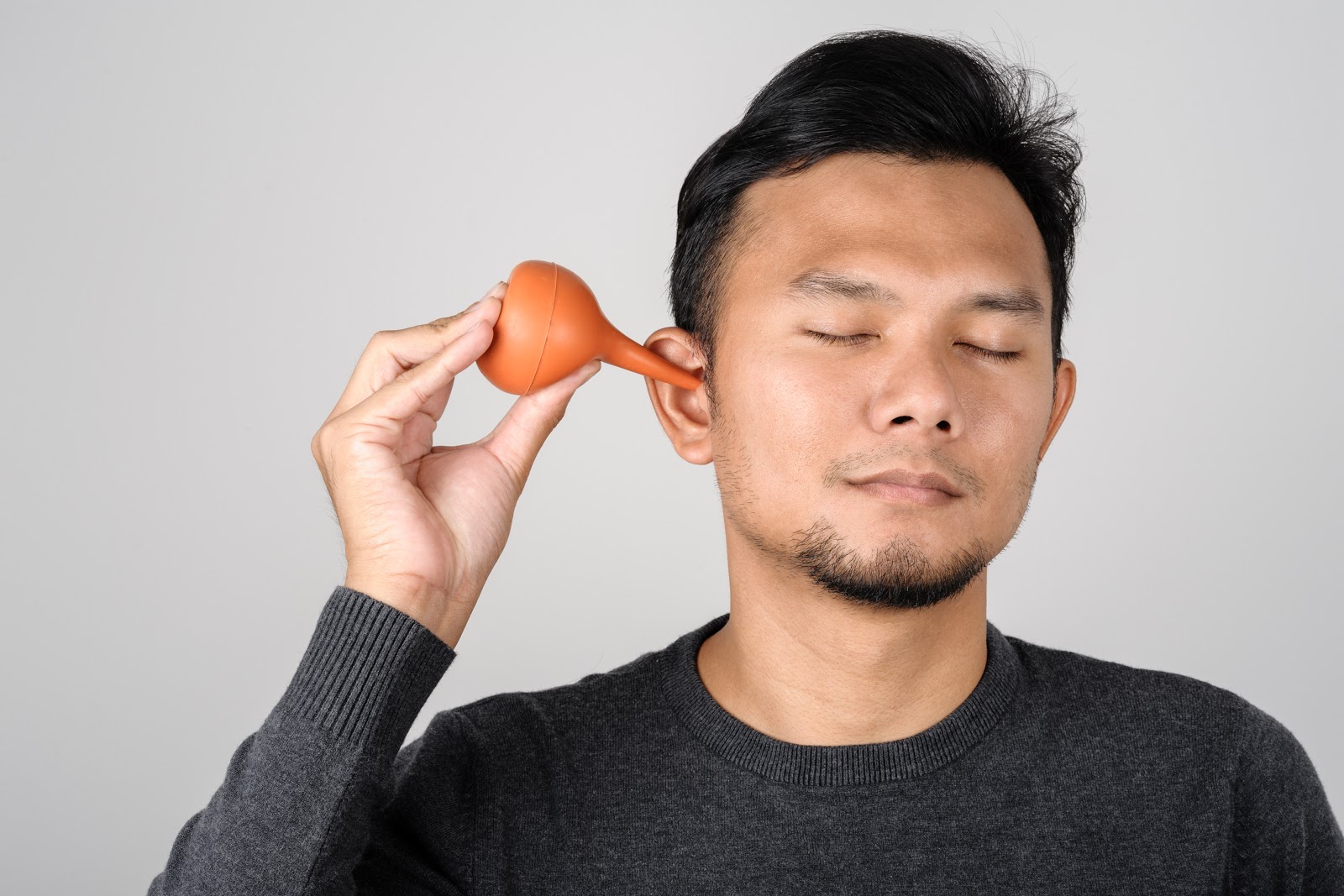If your eyes are the windows to your soul, then your ears just may be the doors to the world around you.
Whether it’s a conversation with a friend, your giggling grandchildren playing in the yard, or the sound of birds chirping early in the morning, your ears allow you to engage in life’s memorable moments. Connecting with the people and things around you is important for your well-being, making good hearing a key to overall wellness.
But if you’ve been struggling with your hearing health, you’re not alone. According to the National Institute of Deafness and Other Communication Disorders (NIDCD), 15% of American adults are facing hearing problems.
If you want to know how to improve your hearing, we’ll show some ways to improve it naturally.
1. Meditate, Meditate, Meditate!
While meditation and hearing may not seem related, meditation is a solid way to improve your hearing.
This method of relaxation allows your brain to interpret sounds in the best possible way. As meditation puts a special emphasis on natural breathing, it enhances blood flow to the brain and the inner ear.
When you relax and focus on the sounds around you, you will hear more clearly. Additionally, meditation allows you to get familiar with the sounds that you hear on a day-to-day basis. As such, you will remain attuned to the sounds that are around you.
Meditation is also a great mental exercise for those with tinnitus.
Tinnitus causes ringing or buzzing sounds in the ear. This can negatively impact overall health, especially if it’s accompanied by high levels of anxiety. Meditation can help in keeping stress levels down as it provides an avenue for relaxation.
2. Exercise Your Body and Your Brain
Exercising is not only about going to the gym. Whether it’s an early morning jog around the street or a walk to the park, engaging your body in regular exercise can prevent sensorineural hearing loss. In addition to this, regular cardiovascular fitness promotes good neural function.
Exercising will not only provide hearing protection, but also, it can help the elderly fight against age-related hearing loss.
Remember to avoid listening to loud music while you exercise, as this can damage your middle ear and result in noise-induced hearing loss. If you do listen to music while exercising, then ensure that the volume remains at a safe level.
Apart from physical exercises, brain and hearing exercises are also beneficial. They can help you regain your listening and comprehension ability.
For example, you can sit in a noisy environment and have someone read a paragraph out loud to you. Once the reading is complete, try to repeat every sentence that you heard.
Needless to say, proper hearing in a noise-filled environment is quite a hefty task. But it will exercise your brain-ear connection, helping to sharpen your hearing and listening skills.
3. Clean Your Ears Regularly
While earwax protects your eardrum and your entire ear canal, excessive wax buildup could be detrimental to your hearing health. Thus, cleaning your ears regularly minimizes the chances of a buildup.
Although many people clean out their ears using cotton swabs, it poses a risk, as sharp-pointed objects can damage your eardrum. Alternatively, you can use a wax softener in your ear, then irrigate it out using a rubber syringe.
The common signs of earwax buildup include a feeling of fullness inside the ear, tinnitus, and earache.
If you experience any of these symptoms or notice wax blockage in your ears, do not attempt to dig it out by yourself, as you can cause significant damage to your cochlea.
Instead visit a doctor or audiologist for treatment, which is usually a painless process that restores normal hearing.
4. Kick Cigarettes to the Curb
While there are different types of hearing loss, research indicates that smoking can cause conductive hearing loss.
Oxygen and blood flow are the two components that are solely responsible for maintaining healthy cells inside your inner ear. However, carbon monoxide will hamper this process.
In addition, smoking spikes your blood pressure, which in turn hinders your inner ear from processing sound in the right way. In comparison to non-smokers, those who smoke are highly susceptible to hearing loss.
Passive smokers — also known as second-hand smokers — can also face hearing problems from inhaling others’ cigarette smoke. According to research, passive smokers have a 28% chance of suffering from hearing loss.
It’s important to understand that hearing loss due to smoking is irreversible. By quitting now or avoiding second-hand smoke, you will be preventing further damage to your ears.
5. Incorporate Vitamins and Herbs Into Your Diet
Sensorineural hearing loss leads to the permanent damage of the hair cells in your ears. It usually occurs because of over-exposure to loud noises or due to aging.
Although this type of hearing loss is irreversible, studies have proven that including vitamins and herbs in your diet can give you the hearing protection that you need to help keep this condition at bay.
These are the vitamins and herbs that can have a positive effect on your hearing:
- Vitamin A
- Vitamin B12 and folic acid
- Vitamins C and E
- Magnesium
- Garlic
- Dill
- Spearmint
When these vitamins and herbs are part of your day-to-day diet, they can decrease the chances of ear damage and hearing loss in its most severe form.
6. Take a Hearing Screening Test

The good news is you can take a preliminary hearing screening from the comfort of your home over the phone. You’ll receive the results right away, and if the results indicate you may have hearing loss, you can seek the help of an audiologist.
A licensed audiologist can determine what type of hearing loss you have and recommend solutions, such as hearing aids.
How to Improve Hearing for a Better Life
There you go! Six natural ways that will improve your hearing and promote your overall health.
Do not be afraid to take matters into your own hands by adopting these natural methods into your daily routine to set yourself up for hearing success.
Good hearing is an important factor in your quality of life. The ability to hear makes it possible to connect with the world at large. It enables communication and understanding.
Therefore, taking care of your hearing is one of the best things that you can do for yourself and your relationships with others.
If you think you may be experiencing hearing loss, you can use a landline or mobile phone to take FreeHearingTest.org's phone hearing screening test today. It’s absolutely free and takes less than five minutes to complete.
Apart from a phone hearing test, you can also take a free online hearing test from MDHearingAid. It’s designed to work with headphones and only takes eight minutes.





